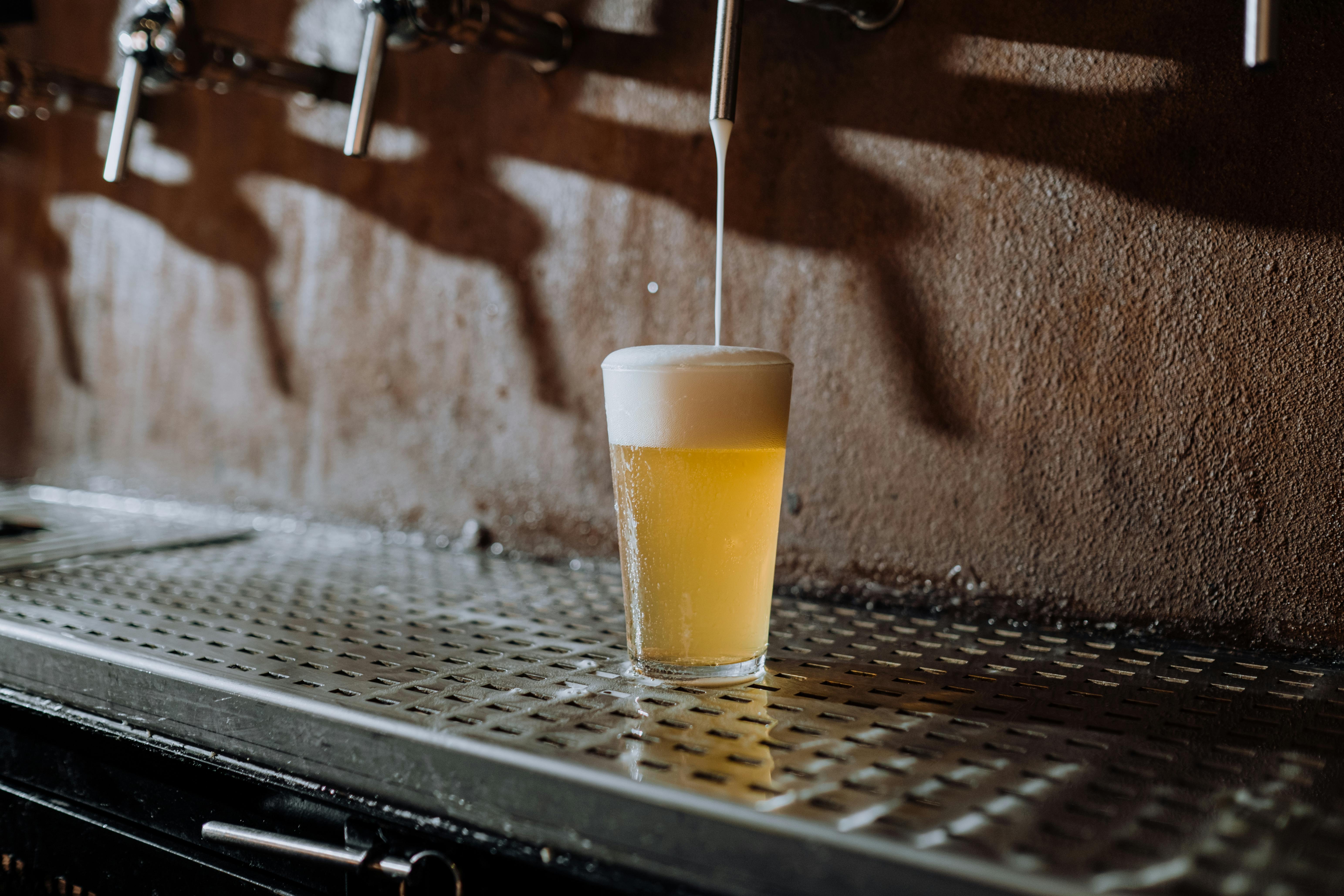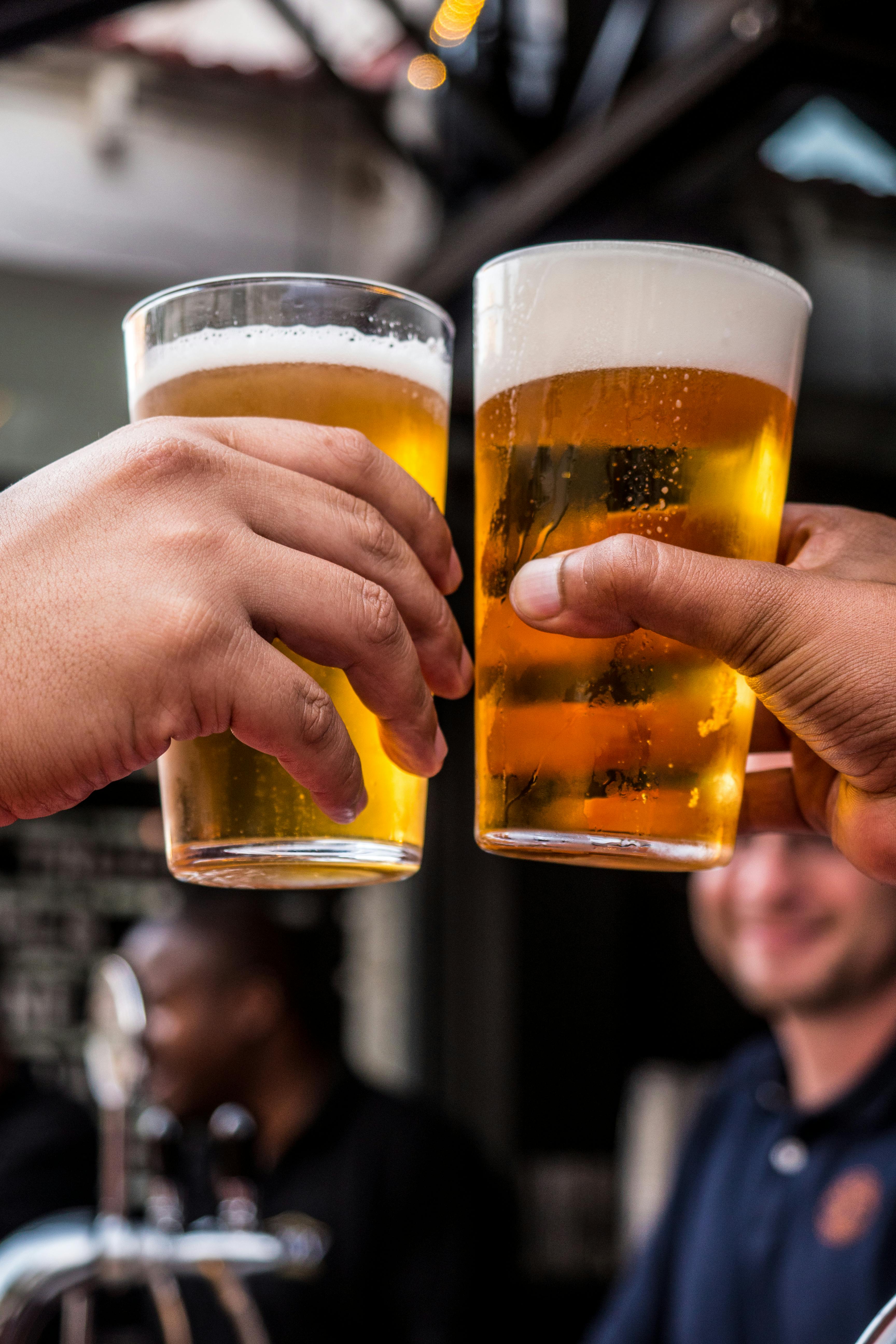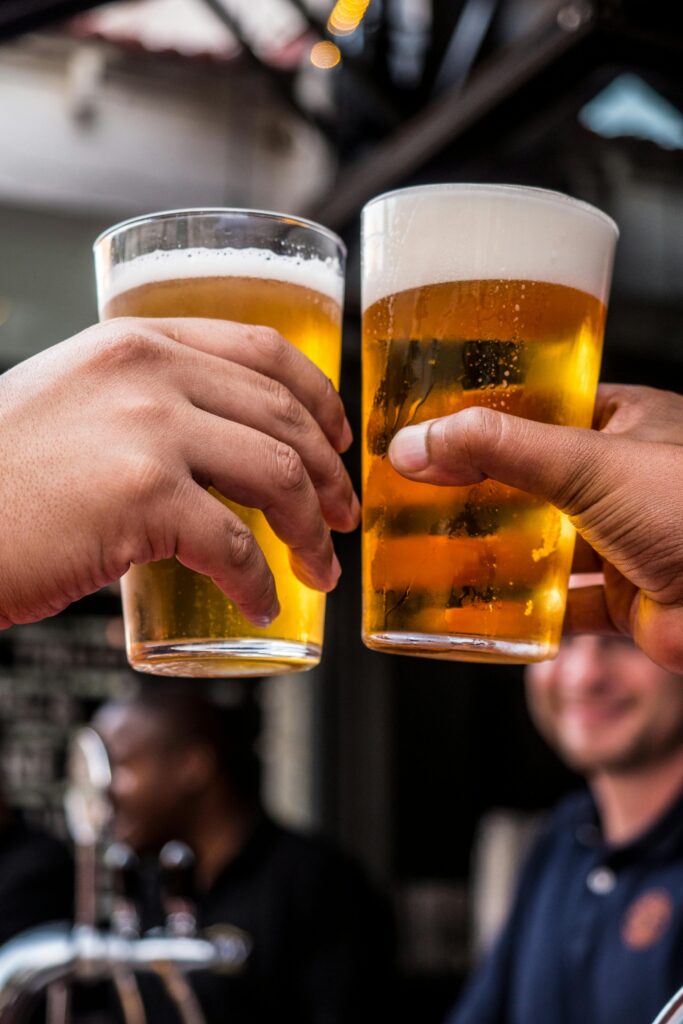Oktoberfest Germany
Dive into Munich’s Oktoberfest, a 200-year-old celebration of beer, Bavarian culture, and camaraderie. Learn about its history, activities, food, and visitor tips. Prost!
Germany, a country known for its rich history, diverse culture, and precision engineering, hosts one of the most iconic festivals in the world—Oktoberfest. Held annually in Munich, Bavaria, this festive celebration of beer, tradition, and camaraderie captivates millions of visitors from around the globe. In this article, you will delve into the multifaceted facets of Oktoberfest, its intriguing history, vibrant activities, delectable food, and the cultural significance that makes it a unique experience.

The Historical Tapestry of Oktoberfest
Oktoberfest, a name synonymous with revelry, traces its origins to October 12, 1810. It began as a royal wedding celebration for Crown Prince Ludwig, who later became King Ludwig I, and Princess Therese of Saxe-Hildburghausen. The citizens of Munich were invited to join in the festivities held at the city gates, on the fields that later came to be known as Theresienwiese—or “Therese’s Meadow”—in honor of the new princess.
Over the years, what started as a small wedding festivity evolved into a grand celebration marked by numerous events, including horse races which were catapulted to fame by the royal couple. Rapidly, it transformed into an annual occurrence deeply entrenched in Bavarian culture, serving as a mirror reflecting the social and economic fluctuations Germany has experienced over two centuries.
The Modern-Day Extravaganza
Today, Oktoberfest is far from its modest beginnings. It spans over 16 to 18 days, commencing in late September and concluding in the first weekend of October. Theresienwiese evolves into a bustling hub, inhabited by massive beer tents, amusement rides, games, and a plethora of food stalls. With visitors numbering in the millions, including locals, tourists, and even celebrities, it’s a melting pot of cultures united by one common purpose: celebration.
The Symbolic Opening Day Parade
Opening day at Oktoberfest is a spectacle to behold. The Mayor of Munich taps the first keg of beer, proclaiming “O’zapft is!” (It is tapped!). This act officially opens the festival, followed by a 12-gun salute and a grand parade featuring traditional Bavarian costumes, floats, and marching bands.
The parade commemorates the traditions set forth in the early 19th century and manifests the very essence of Bavarian heritage. Seeing the vibrant array of dirndls and lederhosen, you are instantly pulled into a world where history and festivity intertwine seamlessly.
Immersive Beer Tents
The Essence of Oktoberfest Brews
At the heart of Oktoberfest lies its beer. Six major Munich breweries—Augustiner, Hacker-Pschorr, Hofbräu, Löwenbräu, Paulaner, and Spaten—hold exclusive rights to serve beer at the festival. These breweries craft special Märzen beer, high in alcohol content and brewed in accordance with the Reinheitsgebot, Germany’s beer purity law dating back to 1516.
Each tent, while serving similar beer, has a distinct character and ambiance.
Notable Beer Tents
-
Schottenhamel Tent: Hosting the traditional keg-tapping ceremony, it is the oldest and one of the most revered tents.
-
Hofbräu Tent: Known for its international audience, this tent captures global appeal with a unique vibrancy.
-
Paulaner Festzelt: Adorned with a giant rotating beer mug, it offers an ambiance of endless celebration.
Each tent offers a singular experience, enveloping you in a whirlwind of conviviality, music, and the clinking of beer mugs.

Culinary Delights
An Oktoberfest experience is incomplete without indulging in Bavarian culinary delights. The festival serves various traditional German dishes, which are integral to your overall experience.
Traditional Bavarian Fare
You’ll find an assortment of sausages, including Weisswurst (white sausage) served with sweet mustard, and Bratwurst, usually enjoyed with a fresh pretzel. Roast chicken, known as Hendl, is another staple, and it’s not unusual to see festival-goers relishing crispy-skinned pork knuckles, or Schweinshaxe.
Traditional sides such as Sauerkraut and potato salad complement the main dishes, while desserts like Apfelstrudel and Kaiserschmarrn provide a delectable finish to your meal.
Unique Food Stalls
Scattered across the festival grounds are food stalls offering a variety of snacks and quick bites. From Lebkuchen (gingerbread hearts) to roasted nuts and German pastries, these stalls ensure you’re never far from a delightful treat.
Providing Entertainment Beyond the Beer
Although beer and food are central to Oktoberfest, numerous other activities provide endless entertainment.
Carnival Rides and Prizes
An array of amusement rides ranging from classic carousels to adrenaline-pumping roller coasters ensure there’s fun for attendees of all ages. Additionally, various game stalls offer opportunities to win souvenirs that serve as tangible memories of your Oktoberfest adventure.
Folk Music and Dancing
Music is an omnipresent element of Oktoberfest. Traditional Bavarian folk music, characterized by brass bands, fills the air within the beer tents. This upbeat, jovial music beckons visitors to the dance floors, where you can experience the joy of communal dancing.

Bavarian Culture and Community
Oktoberfest is a living representation of Bavarian culture and social bonds. The festival fosters a strong sense of community, creating lasting memories and connections. Visiting Oktoberfest promotes cultural exchange, allowing you to immerse yourself in traditions that have been preserved and celebrated for generations.
Traditional Attire
Wearing traditional Bavarian attire adds to the authenticity of the experience. Men don lederhosen—leather shorts with suspenders—while women wear dirndls, which are dresses featuring a tight bodice, blouse, full skirt, and apron. These garments symbolize pride in Bavarian heritage and add a layer of charm to the festivities.
The Spirit of Gemütlichkeit
Gemütlichkeit, a German term for a state of warmth, friendliness, and good cheer, defines the overall atmosphere at Oktoberfest. This spirited ambiance encourages camaraderie and goodwill among festival-goers, making Oktoberfest not only an event but an emotionally uplifting experience.
Practical Advice for First-Time Visitors
Planning Your Visit
Advance planning ensures a fulfilling Oktoberfest experience. Accommodation in Munich during Oktoberfest should be booked well in advance, given the influx of visitors.
Attending with Ease
Public transportation is the best mode of travel. Munich’s efficient U-Bahn and S-Bahn systems provide seamless access to Theresienwiese. Additionally, designated areas within the festival ground provide lockers for storing personal belongings, maintaining your convenience and safety.
Tips for Enjoying the Festivities
- Pace Yourself: With high-alcohol content beers, it’s crucial to drink responsibly to fully enjoy the event.
- Arrive Early: Popular tents fill up quickly. Arriving early secures your spot.
- Stay Hydrated: Drink water between beers to stay hydrated.
- Respect Traditions: Familiarize yourself with local customs and traditions, showing respect to fellow attendees and the culture.
Sustaining Oktoberfest for Future Generations
Environmental Initiatives
Oktoberfest organizers are increasingly prioritizing sustainability. Initiatives like reducing single-use plastics, promoting recycling, and encouraging the use of public transport aim to mitigate the environmental impact of the festival.
Cultural Preservation
Maintaining the traditional essence of Oktoberfest is a continual effort. Despite its global appeal, the festival steadfastly retains its Bavarian roots, ensuring future generations can experience an authentic celebration of heritage.
Conclusion
Visiting Oktoberfest is more than just attending a festival; it’s an immersive cultural experience. From the historical parade to the unique beer tents and culinary splendor, Oktoberfest captures the quintessence of Bavarian culture and hospitality. Whether you’re a beer aficionado, a history enthusiast, or someone looking for a vibrant atmosphere, Oktoberfest in Germany offers something for everyone.
If you enjoyed this article, please consider clapping, leaving a comment, and subscribing to my Medium newsletter for updates on similar topics. Your feedback and engagement are greatly appreciated. Prost!

